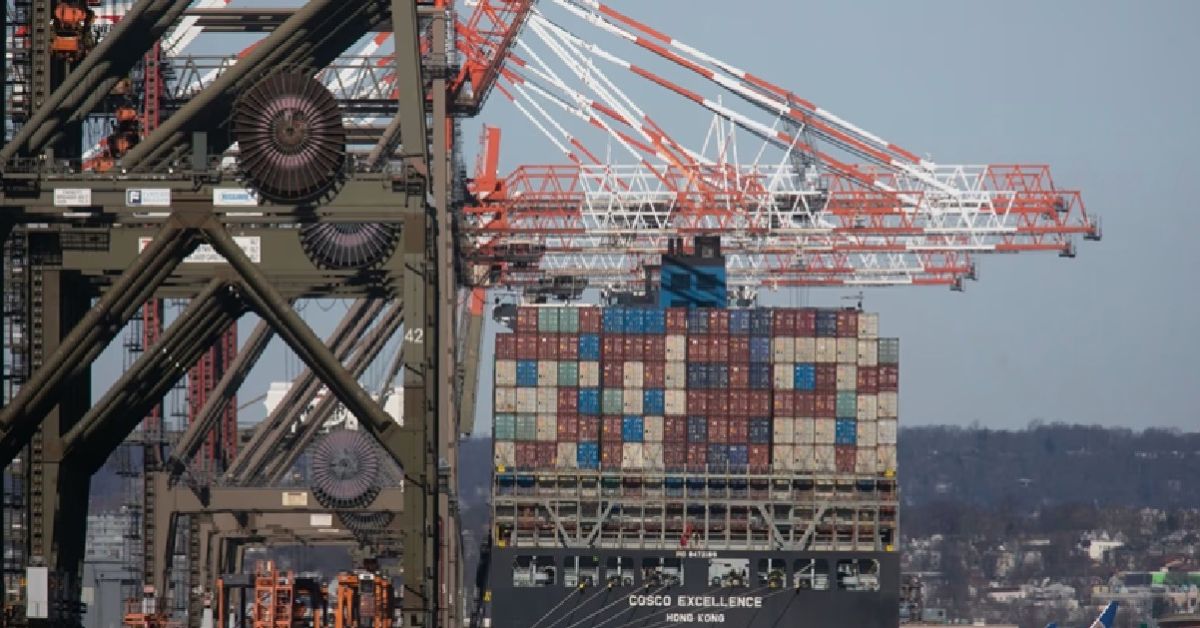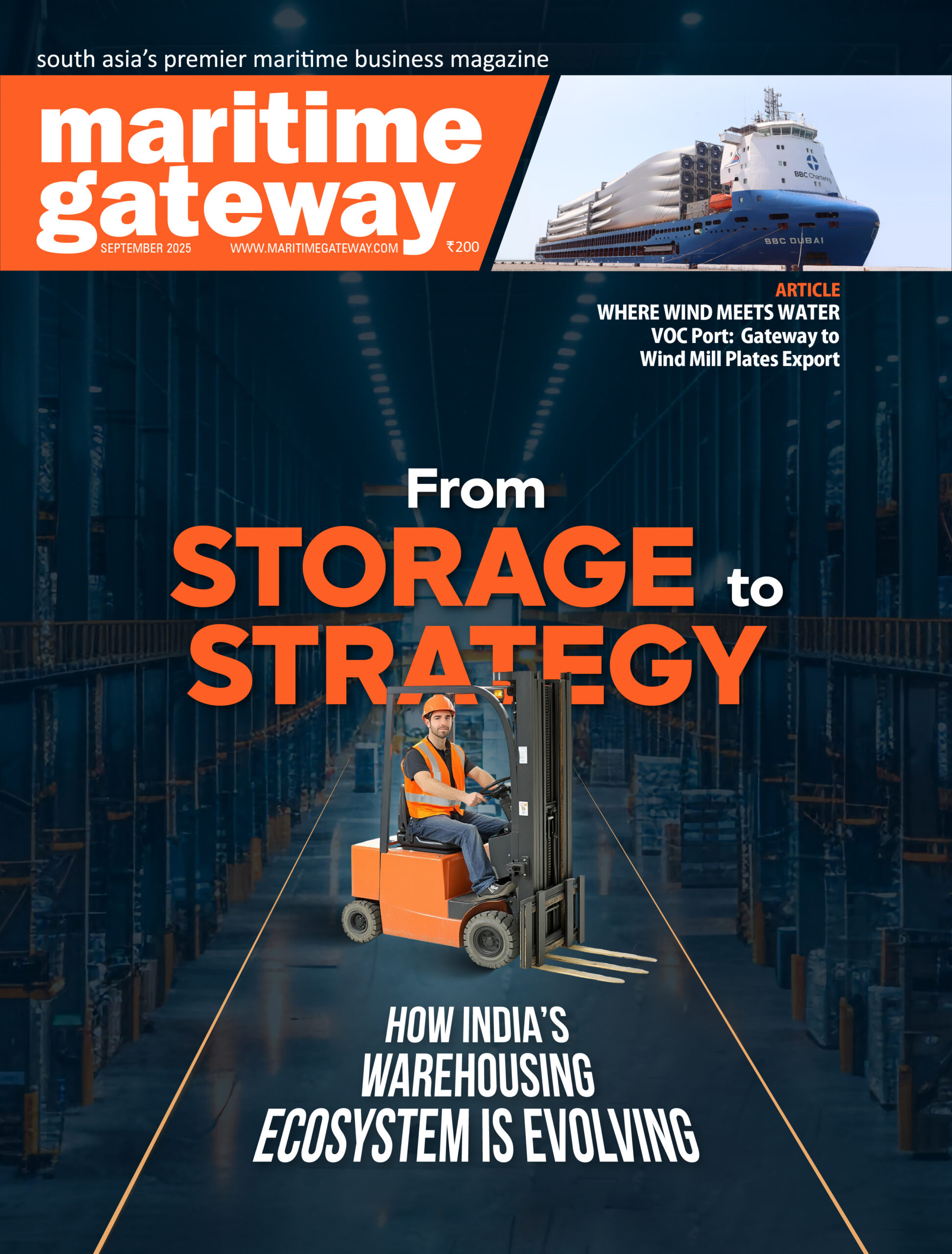In a significant easing of trade tensions, US President Donald Trump and Chinese President Xi Jinping have agreed to suspend a contentious set of port fees that had become a flashpoint in the ongoing maritime standoff between the two nations.
Announced following bilateral discussions in South Korea on Thursday, the deal grants a 12-month pause on levies estimated to cost around $3.2 billion annually for large Chinese-built vessels calling at American ports. The suspension marks a tentative thaw in US-China trade relations and offers a welcome reprieve for the global shipping industry, which has grappled with spiraling costs and uncertainty amid recent policy clashes.
The agreement follows the Trump administration’s earlier move to impose Section 301 penalties on Chinese-linked ships, part of Washington’s broader effort to counter what it described as Beijing’s “unfair dominance” in global shipbuilding and maritime logistics. The sanctions included hefty port fees on Chinese-built vessels and a 100% tariff on port cranes manufactured in China.
US Treasury Secretary Scott Bessent confirmed on Fox Business Network that the Section 301 penalties were now suspended, though the US Trade Representative’s office has not yet clarified whether other maritime-related tariffs—such as those on non-Chinese auto carriers built overseas—would also be affected.
China’s Ministry of Commerce said the suspension covered penalties related to its shipbuilding, logistics, and maritime sectors, and that Beijing would reciprocate by halting its own countermeasures targeting US-linked ships. The ministry described the move as “a mutually beneficial step toward restoring stability to global supply chains.”
Industry reaction has been overwhelmingly positive. Shipping companies, which had warned that the escalating fees were driving up costs and causing operational disruptions, welcomed the truce as a relief. Major carriers such as China’s COSCO and US-based Matson had been among the hardest hit, reporting millions in additional expenses and persistent vessel delays.
Singapore-based High-Trend International Group called the decision “immediately beneficial,” saying in a statement that it removes “a long-standing cost and policy overhang” and will help stabilize cash flow, reduce cross-border shipping costs, and boost investor confidence in its sustainability and growth plans.
The 12-month pause now sets the stage for deeper negotiations—an opportunity, analysts say, for Washington and Beijing to reshape maritime trade dynamics before the fragile calm gives way once again.









